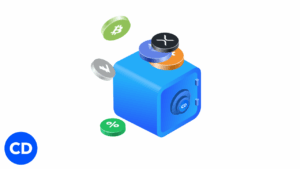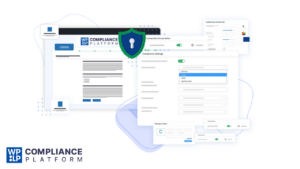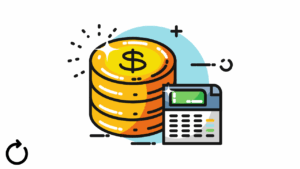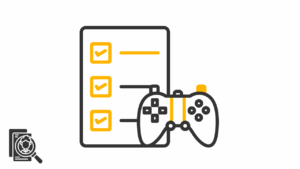A lot of people start blogging. Some do it for fun, others because they can use it as a tool to expand their networking opportunities. But whether you are starting a blog to create entertaining content, or you are doing it to further your career, there are a few things you need to know before starting a blog.
There are approximately over 600 million blogs in the world. Yours will be one among many. So, how do you create a blog that will stand out from the crowd and attract readers?
The importance of a good name
When starting a blog, you must know what you want to blog about. It sounds simple, right? Yet, it can sometimes be difficult to choose the right topic for your blog. This is essential for attracting readers. If your blog is about everything, it is about nothing. Additionally, if your blog looks like every other blog on the internet. Your blog is not very likely to stand out and you won’t have much traffic on your website. You need to decide on a topic for your blog, something you know you can write about. Something that interests you.
A great way to make this decision is by deciding on a name. The name of your blog is the first communicative tool you can use to tell potential readers. So, what your blog is about. Furthermore, deciding on a name can help you determine a topic and set the foundation for your blog.
Start your blog off on the right foot with a good name that effectively communicates the content of your blog to visitors. By following this link. You’ll find a Name Generate that can generate a list of unique and fittable names, you can use as inspiration. All you have to do is to submit some related keywords and then it starts generating.
The difference between good and bad web design to know before starting A blog
Although the content of your blog is very important, the web design of your blog is equally important. Modern people are very sensitive to visual impressions. If the web design of your blog is amateurish and confusing. People simply won’t return to your blog, even if your writing is brilliant.
By making an effort to improve the visual design of your blog, you will attract more readers and become more successful. Of course, not everyone has the skills to design a website on their own. But luckily you can hire others to do it for you. Find the perfect web design for your blog and give yourself the best chances to succeed.
Treat Your Blog Like A Long-Term Project
Blogs do not explode overnight. The ones that work compound quietly.
Expect a slow start. For the first few months, you are planting seeds. You publish, you learn from analytics, you refine your structure, you build relationships, and you gradually become recognized for your expertise in your topic.
Give yourself a one-year runway. Commit to a consistent publishing schedule, basic promotion, and regular updates to your best-performing posts. Keep a simple log of what you publish, where you share it, and what results you see.
Collaborate where you can. Comment thoughtfully on related blogs, accept a few guest posts on relevant sites, and invite other creators to share their experiences on your blog. Effective guest blogging and strategic partnerships can yield high-quality links that enhance authority and improve rankings over time.
Core Decisions To Make Before You Launch
Use this table as a quick checklist when planning your blog.
| Decision | Good Options For Beginners | Recommendation | Common Mistake To Avoid |
|---|---|---|---|
| Purpose | Leads, audience, learning in public, income | Choose one main goal and write it down | Launching without a clear outcome, then quitting when results feel random |
| Niche | Broad topic, tight sub niche, personal diary | Start with a tight niche that matches your skills and market demand | Trying to cover everything from day one |
| Platform | WordPress, hosted builder, publishing platform | Use WordPress if you want control and room to grow | Locking yourself into a platform with no export or SEO control |
| Design | Simple blog theme, multipurpose theme, heavy visual template | Pick a clean, responsive theme that prioritizes readability | Over designing before you have any content |
| Structure | Clear categories and pages, single feed | Plan three to six categories and core pages before you write | Creating dozens of categories that confuse readers and crawlers |
| Cadence | Weekly posts, daily posts, monthly posts | Start weekly and adjust once you see your true pace | Setting an unsustainable schedule that leads to burnout |
| Promotion | Search, social, email, partnerships | Pick two primary channels that fit your audience and skills | Trying every channel at once and doing none well |
How to monetize your blog
Once you have a name, a topic, and a beautiful web design, you are ready to start blogging! However, you want to monetize your blog. But how do you do that? Well, it is quite simple: The more traffic you have on your website, the bigger your income.
The secret to making money off blogging is therefore knowing how to attract a bigger audience to your blog. To begin with, you can make a little money through Google Adsense. This means Google can run ads from your website. However, when your blog has grown more popular, you can stop using Google Adsense and instead start working with an advertising network to make a bigger profit.








